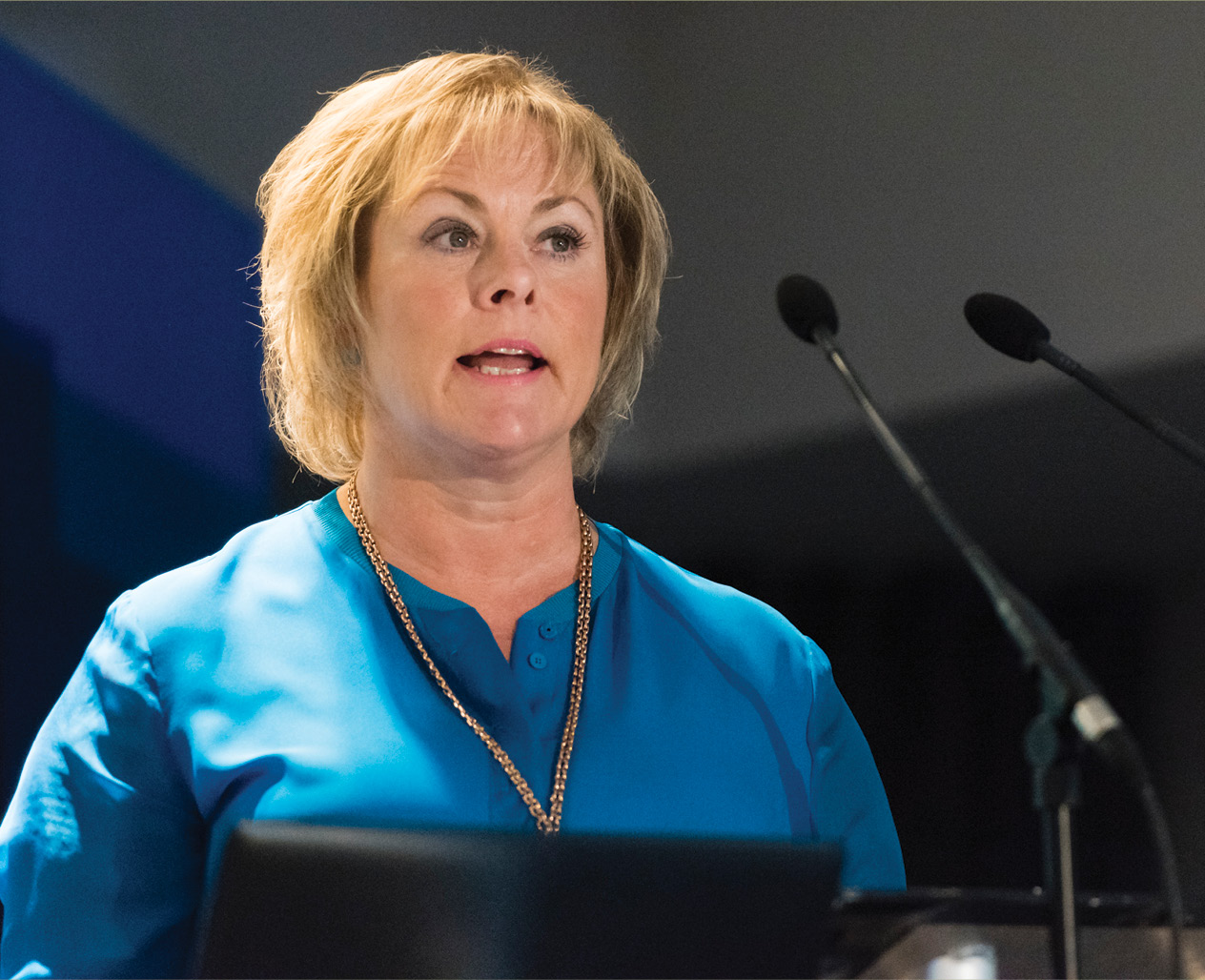
Future regulation of electricity networks
9th November 2016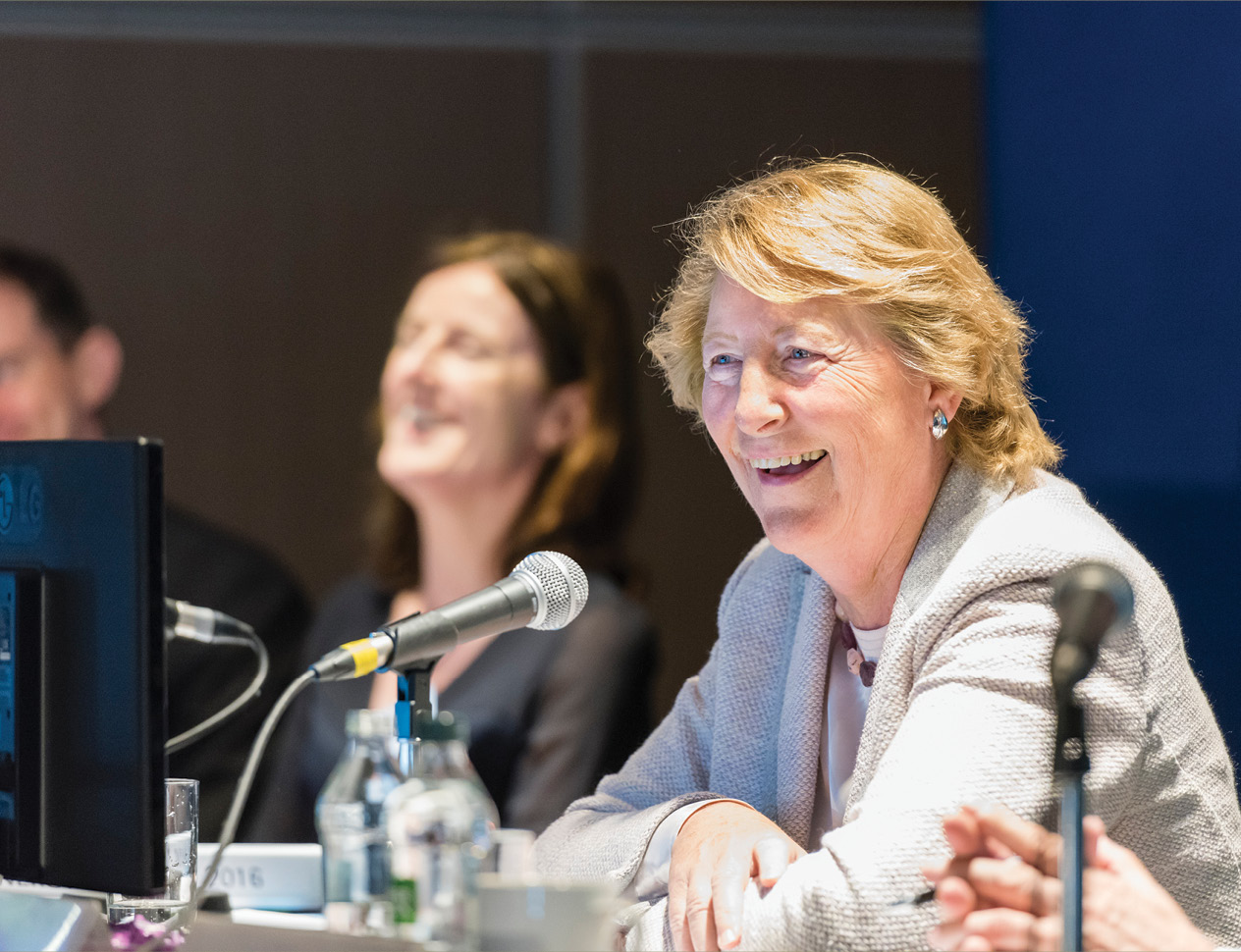
De-carbonising energy: an EU Commission perspective
9th November 2016Irish researchers advance cutting-edge solutions for a low carbon energy system
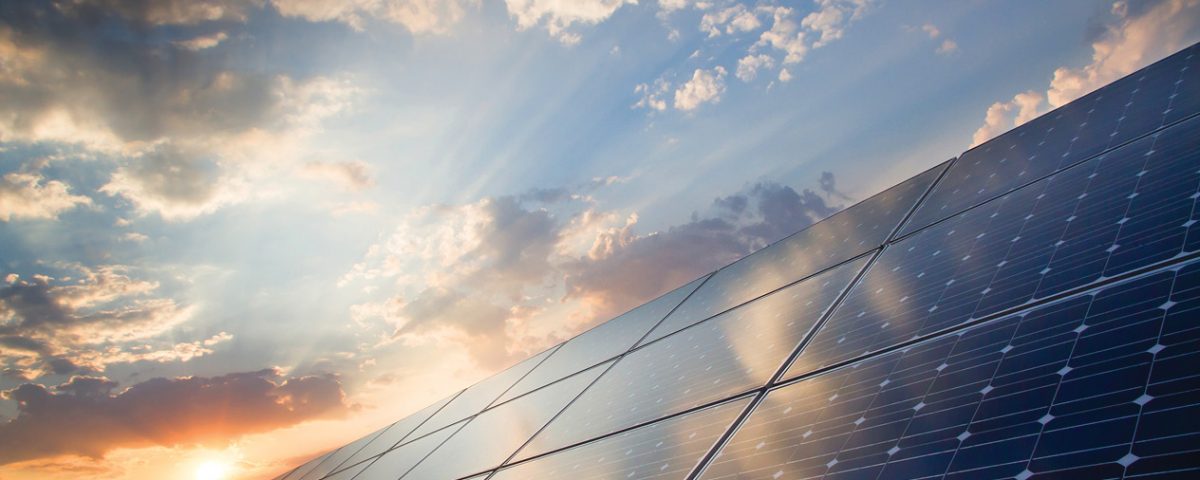
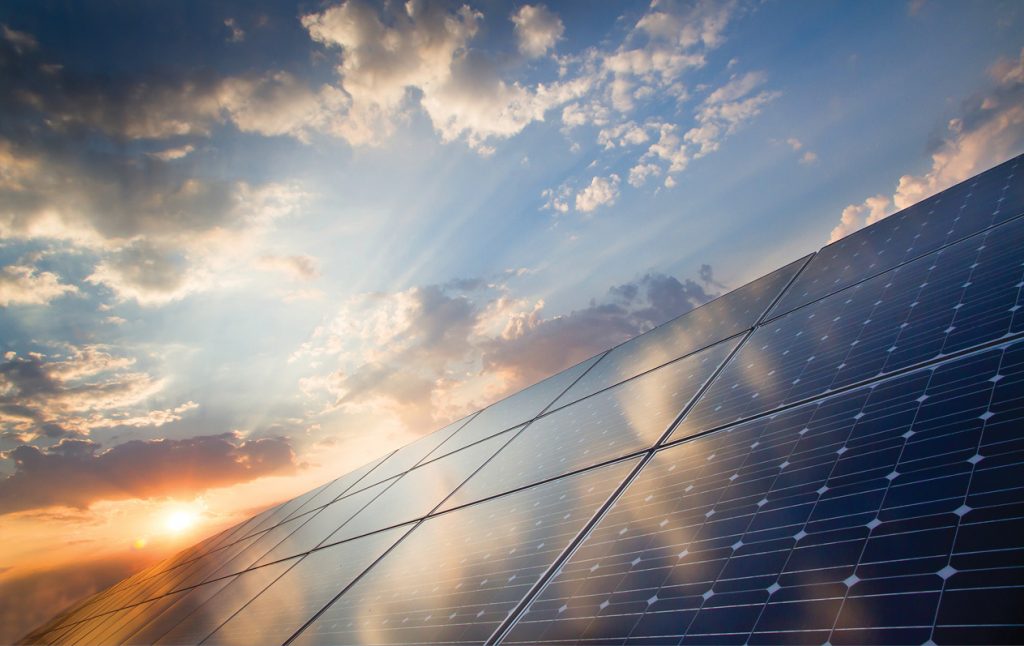
Dr Eimear Cotter, Head of Low Carbon Technologies at the Sustainable Energy Authority of Ireland examines current energy research and its benefits for Ireland.
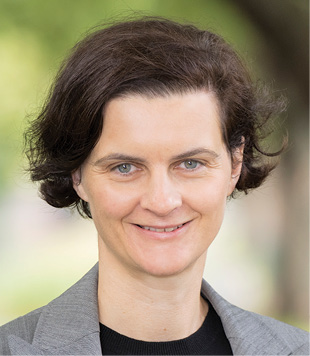 The recently published National Strategy and Roadmap for Energy Research in Ireland sets out an ambitious vision for world class energy-related research in this country. The Sustainable Energy Authority of Ireland (SEAI) has a key role to play in delivering on this vision through promoting, coordinating and assisting research, development and demonstration of sustainable energy technologies. This is a central part of SEAI’s remit which is to support solutions to overcome technical and other barriers to market deployment of sustainable energy technologies and to provide an authoritative evidence-base to inform policy making.
The recently published National Strategy and Roadmap for Energy Research in Ireland sets out an ambitious vision for world class energy-related research in this country. The Sustainable Energy Authority of Ireland (SEAI) has a key role to play in delivering on this vision through promoting, coordinating and assisting research, development and demonstration of sustainable energy technologies. This is a central part of SEAI’s remit which is to support solutions to overcome technical and other barriers to market deployment of sustainable energy technologies and to provide an authoritative evidence-base to inform policy making.
Building energy-related research capacity in Ireland is critical if we are to develop the skills base and knowledge to manage the transition to a low-carbon economy. Nobody understands the issues specific to Ireland’s energy challenge better than the Irish energy research community. Strong support from Government allows these issues to be addressed and overcome. As a result of close collaboration between researchers and government agencies, Ireland can continue to build on its excellent energy research performance to date.
SEAI has been operating its Research, Development and Demonstration (RD&D) programme since 2002 and over €25 million has been allocated for feasibility studies, related RD&D and shared-cost demonstration activities. This programme builds research capacity, aligned with Ireland’s and EU priorities, while providing a feeder for researchers to achieve success in Europe.
The RD&D Programme supports all sustainable energy technologies across academic and industry-based research and recent projects include innovative solar, energy storage and bioenergy technology developments. In 2015, Kingspan Ltd installed an innovative 300 kilowatt solar PV system in Castleblayney. At 1,200 rooftop panels, this is the largest PV rooftop installation in Ireland. Also in 2015, RR Projects in Offaly were part-funded to deliver a €2.25 million highly innovative hybrid flywheel-battery project to potentially provide dynamic energy storage to the electricity grid. In addition, Bord na Móna were supported to cultivate, harvest and evaluate bioenergy crops for various end uses such as biomass briquetting, pelletising and composting.
Many of the researchers supported as part of SEAI’s RD&D Programme go on to be successful in applying for European funding under Horizon 2020. This is the EU’s largest research and innovation programme with an energy research budget of €6 billion for the period 2014 to 2020. Since it started in 2014, Irish energy researchers have secured over €27 million to fund a portfolio of energy research projects across the country. In doing so, Irish researchers, with European partners, are addressing some of the enormous challenges facing the energy system. As the programme’s National Delegate, SEAI, working closely with Enterprise Ireland, supports many of these organisations in their Horizon 2020 bids as well as identifying opportunities for Irish researchers.
Irish SMEs have also been successful under Horizon 2020. NVP Energy, an SME located in Navan, was awarded €1.7 million to develop a low temperature anaerobic digestion wastewater treatment technology for the food and drinks sector. The technology allows for 100 per cent of the biogas produced to be reused on-site to generate heat and/or electricity. Another company, Exergyn, was successful in drawing down both national and EU funds to support the commercialisation of their products. Based in DCU’s innovation campus in Glasnevin, Exergyn was awarded €2.5 million to commercialise an engine powered by heated waste water. The specially designed engine repurposes waste hot water created during manufacturing cooling processes to generate electricity. If commercialised to its full potential, the engine has the potential to significantly reduce process CO2 emissions.
Ireland has also been successful in securing funding for large-scale energy-related projects under Horizon 2020. RealValue, a consortium led by Glen Dimplex, won €12 million for its energy storage project which will see physical demonstrations of its technology in Ireland, Germany and Latvia. This project aims to replace traditional storage heaters with the Quantum energy system which combines efficient, high-performance electric space and water heating with thermal energy storage capability. The twelve-strong RealValue consortium comprises the entire energy supply chain, including many major Irish energy sector players, namely Glen Dimplex, SSE Airtricity, Intel and the Electricity Research Centre at University College Dublin.
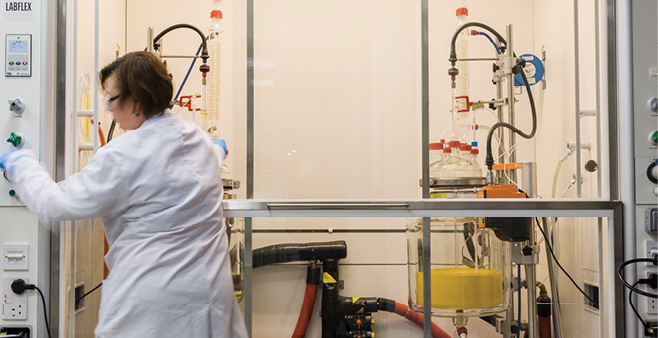
Ireland has abundant wave and tidal energy off its coast, presenting significant opportunities for generating renewable electricity and developing an export market for Irish technologies. Marine renewable energy is a priority area under the National Research Prioritisation Programme and SEAI supports this sector through an Ocean Energy Prototype Development Fund. This fund stimulates the development and deployment of ocean energy devices and systems with an emphasis on industry-led projects. Since 2009, SEAI has grant-aided in excess of €14 million to over 80 projects. These range from early stage proof of concept tests of novel technologies in laboratory facilities to real sea deployments of pre-commercial devices. Current projects include support provided to GKinetic Ltd., a Co Limerick based developer of a submerged tidal energy device. GKinetic have been progressing this technology through a series of model tests in flow flumes and through numerical analysis. Sea Power have also received SEAI support to test a 1/4th scale version of their wave energy device at the Galway Bay Marine and Renewable Energy Test Site later this year. This follows the path taken by Ocean Energy, from Cobh, Co Cork, who previously tested at the site and are currently preparing to build and test a full scale version of their OE Buoy device at the US Navy Wave Energy Test Site in Hawaii in 2017. This project has received funding from both SEAI and the US Department of Energy.
The benefits of international collaboration are extensive when it comes to producing high quality and impactful research. In this regard, SEAI coordinates Irish researcher participation in International Energy Agency (IEA) Technology Collaboration Programmes. These are independent, international groups comprising over 6,000 experts from IEA member countries. Irish researchers are active in a range of groups related to wind energy, energy technology systems analysis, bioenergy, energy in buildings, smart grids, ocean energy and hybrid and electric vehicles. This is another important route to allow Irish researchers to build research capacity, develop collaborative networks and links with international researchers as well as further enhancing Ireland’s reputation for global research excellence in energy.
Ireland has a dynamic and vibrant energy research community as shown by the Irish projects showcased here. In addition, we have a strong network of supports to ensure that research performing organisations and industry continue to grow. As an innovative, small island nation, with strong ties to our European neighbours, energy research is one of our strengths. SEAI will continue to support Irish businesses, scientists, engineers and innovators in energy-related research and development while ensuring value for money for that investment. As a country we will reap the benefits of an ongoing commitment to energy research, with future job creation and the development of value-added products and services for the global market.
Dr Eimear Cotter
Head of Low Carbon Technologies Sustainable Energy Authority of Ireland
T: 01 808 2100
W: www.seai.ie

